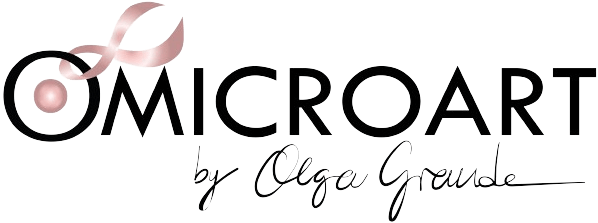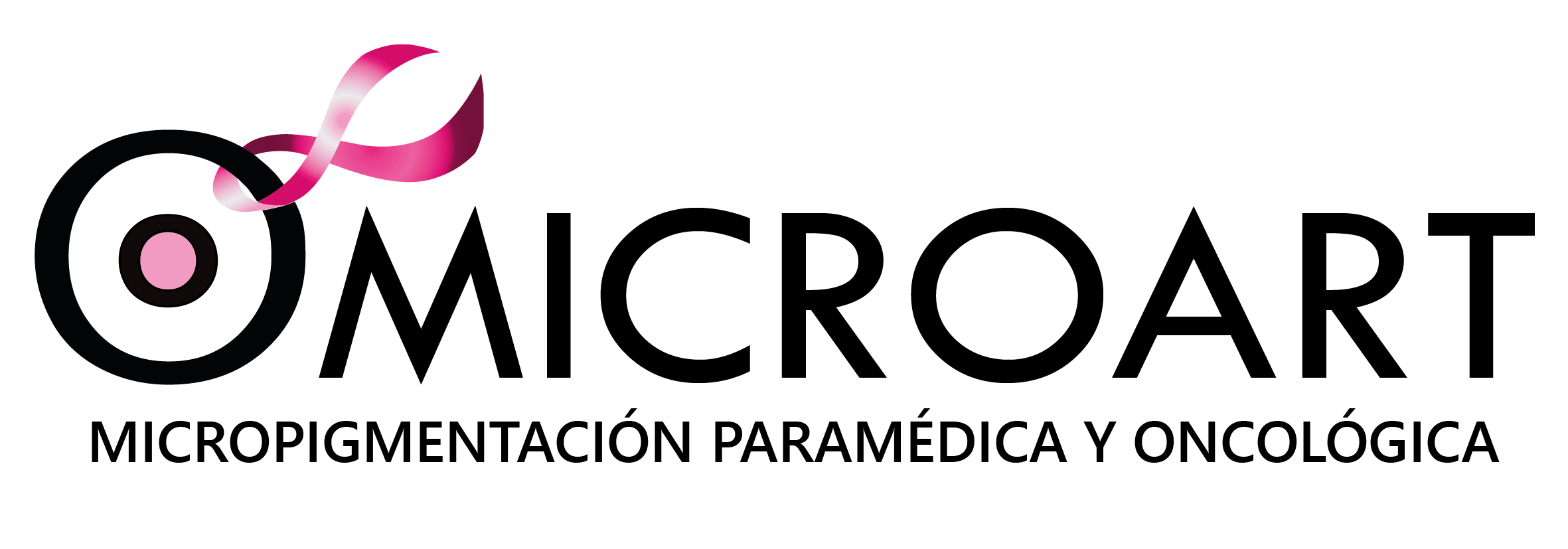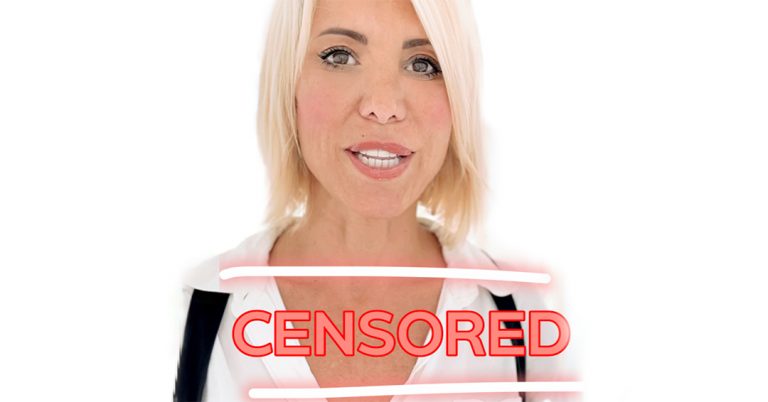
For many individuals, the fight against nipple and female areola censorship may seem like a whim of extremist groups or even “immoral” to some. However, the reality is that the consequences of these restrictions go beyond cultural or social aspects, posing health risks, particularly in diseases like breast cancer.
This reality hinders health associations, hospital institutions, and even aesthetic centers from promoting and raising awareness about the effects and treatments of certain diseases that women may face. It also affects a fundamental activity for the health and well-being of babies, such as breastfeeding.
Educating and informing through social media has become quite a challenge, especially because illustrating changes and symptoms of various breast conditions and diseases is challenging and unclear for women.
Read the article: Do Areola Tattoos Hurt? What Are the Pain Levels for Each Case?
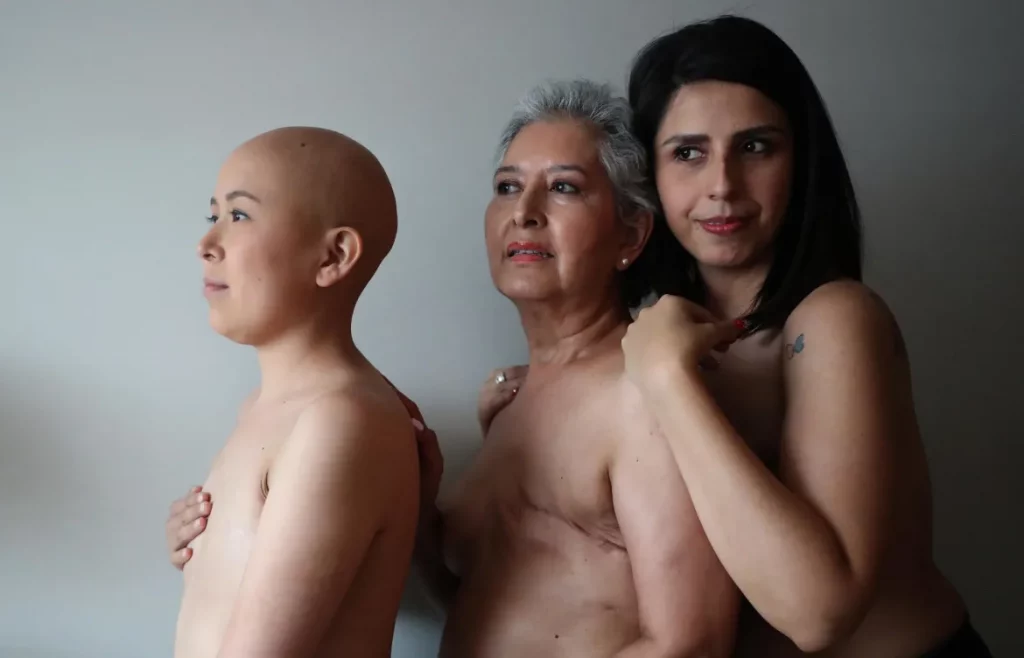
The Reality of Breast Cancer
This disease is the leading cause of death for women in Spain, representing 28.9% of total cancers in women, and between 2020 and 2022, the annual incidence of breast cancer increased from 106.5 to 126 cases, according to SEOM⁶.In 2022 alone, at least 34,750 cases of breast cancer were diagnosed in Spain, accounting for 144 cases per 100,000 women per year, according to data provided by the Spanish Society of Medical Oncology (SEOM)³.Fortunately, the life expectancy for women is increasing; however, the work of health institutions and medical centers becomes challenging in informing about early detection of the disease, as social media restricts the promotion of information on basic topics such as self-examination. The effects are not only medical but also psychological, as there is a perception that it is increasingly common for women over 50 to be diagnosed with breast cancer. Regarding this, Dr. Teresa Maristany, a member of the Board of the Spanish Society of Senology and Breast Pathology (SESPM), stated that “population data do not corroborate this perception⁷.” Read the article: How Breast Micropigmentation Is Done In a publication by SESPM, she added that “the psychological and social impact of breast cancer in these younger women is much more significant, contributing to this perception⁷,” an effect that is exacerbated by misinformation on social media.
Mastectomy and Its Psychological Impact
Mastectomy involves the removal of the breast, a significant portion of the skin on the chest wall, and nodules. In some cases, the surgery is performed on one breast or both, depending on the diagnosis and the severity of the disease. Regardless of the case, this is a mutilation that leaves physical and permanent scars, representing a significant psychological impact on women, as the procedure immediately results in deformity or dysfunction. Precisely during the treatment is when women experience the greatest psychological impact, requiring more support, but above all, alternatives that allow them to regain some of the confidence lost during the illness.Social Media Censorship
“In what year could men show their nipples without being arrested and/or fined by the police?” This was the question posed by 28-year-old Lina Esco in The Huffington Post, referring to why it is illegal for women but not for men¹. At first glance, the question may seem unacceptable, but the reality is that in 1936, male nipples ceased to be considered nudity. In 2023, the world and social media still consider posts showing female nipples as “obscene”.The Visibility of a Struggle
Not only women’s rights advocacy groups but also medical and aesthetic institutions aim to create spaces that raise awareness about diseases like breast cancer, which have a significant physical and psychological impact on patients². One of the most significant movements is known as #FreeTheNipple⁵, which has garnered support from millions of people, artists, political figures, and institutions worldwide. Its purpose is to denounce this censorship and label it as discriminatory treatment. As of 2023, Meta announced a review of its protocols; however, this news remained just that—there were no changes. The response from this significant social media platform, owner of Facebook and Instagram, is very ambiguous, as the rules do not always apply to intersex, non-binary, and trans individuals, leaving women marginalized.Overcoming Censorship and Breast Cancer
Unity is a key factor in exerting pressure and urging social media to relent in their insistence on censoring something as natural as nipples. It is also a loud call for those women who have survived breast cancer to show and live their reality without censorship. Artists like Madonna, Miley Cyrus, Kylie Jenner, and even Rigoberta Bandini have been direct and indirect advocates of this fight against censorship. However, this unity must cut across women, institutions, governments, and personalities so that they can raise their voices⁴. For those women who have survived breast cancer and undergone mastectomy, there are alternatives such as oncological micropigmentation, which allows for camouflage, reconstruction, and beautification of the breasts. Read the article: Nipple Reconstruction with Micropigmentation.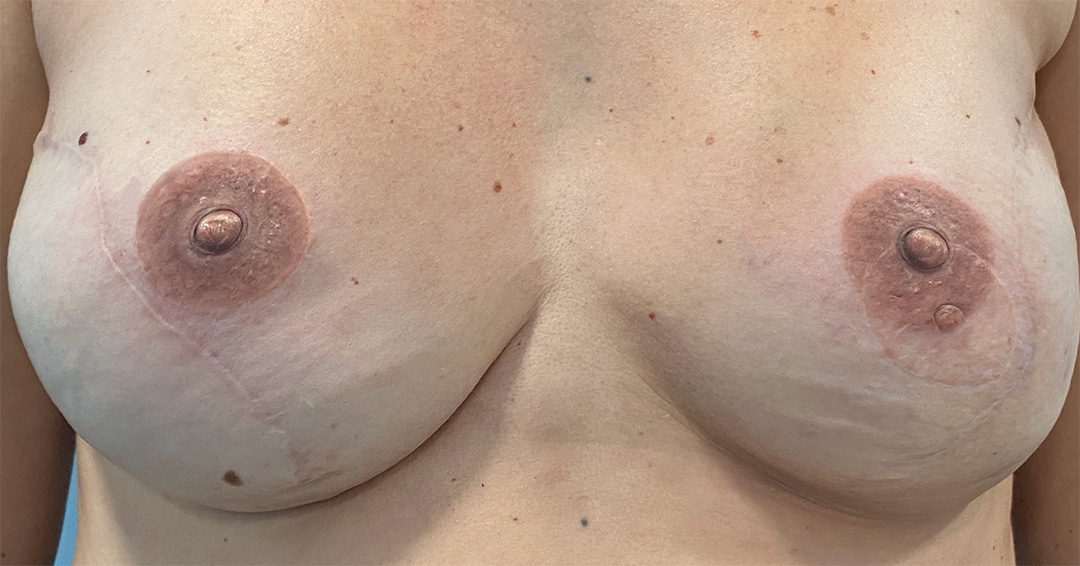
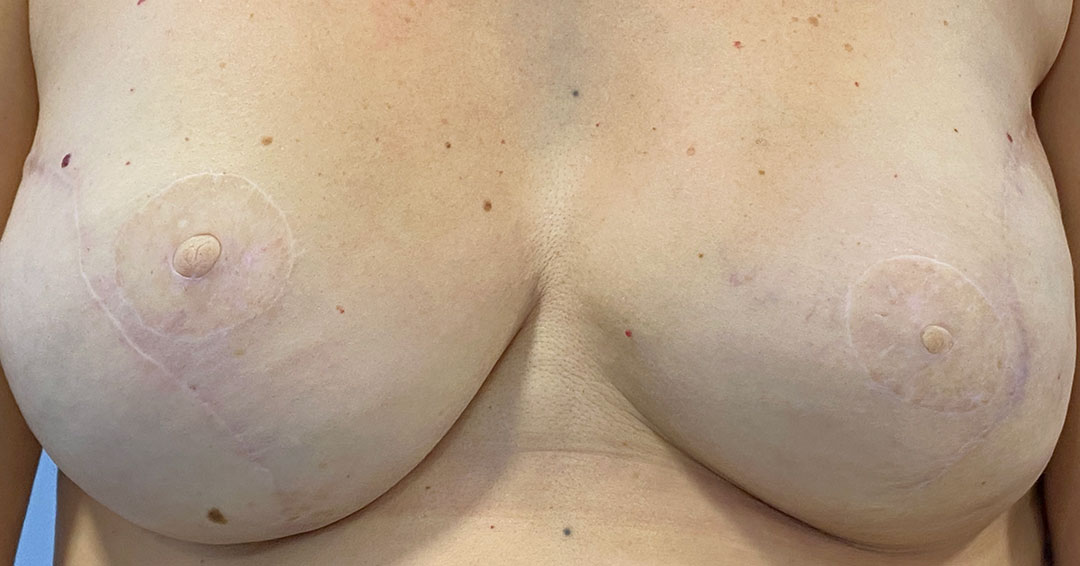
United Against Censorship: #FreeTheNipple
Engage in activism for a censorship-free world! Achieving victory against these discriminatory acts by social media will depend on how active and supportive all those who wish to support this cause are. #FreeTheNipple is the opportunity to raise our voices in unison and press for a transformative change. Read, share on social media, use the hashtag, and spread this information. At Omicroart, we specialize in scar treatment through micropigmentation. Schedule your appointment with us.References
- El Mercurio (2014). Cuál es la razón para censurar los pezones femeninos y no los masculinos.
- Gaceta Mexicana de Oncología (2014). Impacto psicológico del cáncer de mama y la mastectomía.
- Geicam (2023). El cáncer de mama en España: situación actual.
- Infobae (2017). Tetas 2.0: cuál es el riesgo de censurar los pezones en las redes.
- Simón, L. (2023). ¿Se acerca el fin de la censura al pezón en las redes sociales? Instagram y Facebook se rinden al #FreeTheNipple.
- Sociedad Española de Oncología Médica (2022). La incidencia de cáncer de mama en España aumenta y supone el 28,9% del total de cánceres en las mujeres, y desciende la mortalidad.
- Sociedad Española de Senología y Patología Mamaria (s.f.). Expertos de la SESPM inciden en la importancia de la prevención. Una de cada diez mujeres sufrirá cáncer de mama a lo largo de su vida.
